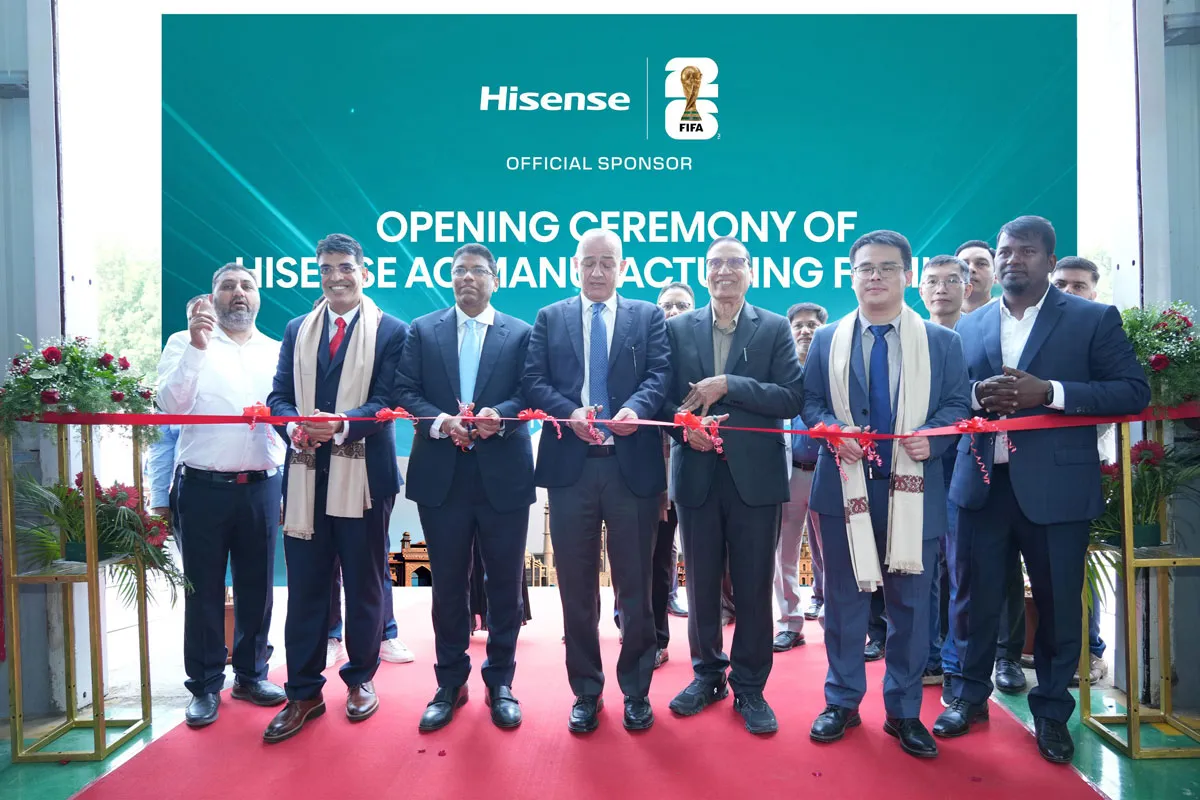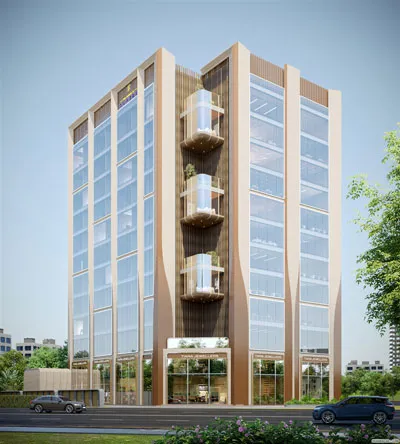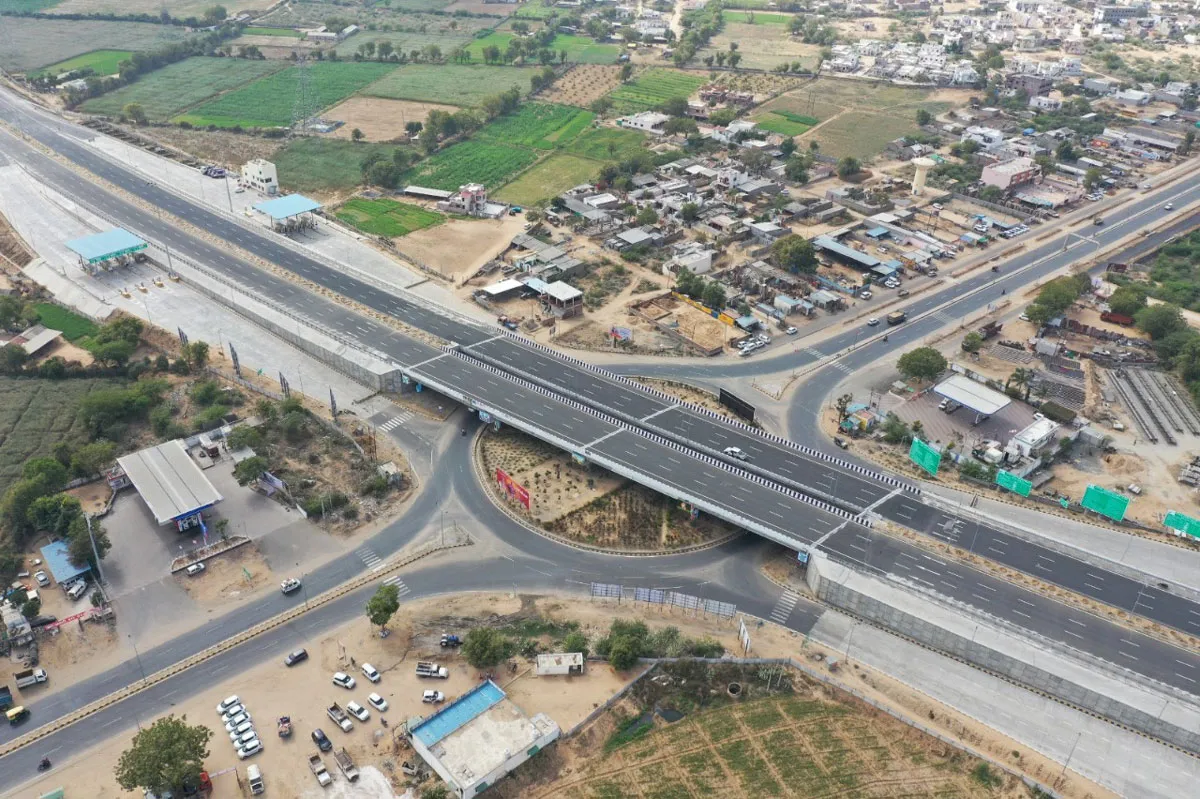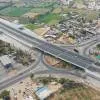AECOM, a premier, fully-integrated global infrastructure firm, and Asia Society, one of the leading global non-profit institutions, has launched a new chapter in their global conversation series Imagine 2060: Delivering Tomorrow’s Cities Together in Mumbai. Each year, the series is dedicated to a key element for the world’s urban future. The 2019-20 chapter focused on land as the foundation for all cities, following the themes of air in 2018 and water in 2017. The next destinations are Singapore and Melbourne, before concluding in Hong Kong in February 2020.
Since its launch, Imagine 2060: Delivering Tomorrow’s Cities Together has convened over 1,000 key stakeholders to raise conversations with an even bigger audience across a diverse line up of global cities, including Delhi, Hong Kong, Los Angeles, Manila, Melbourne, New York, Singapore and Sydney.
AECOM also came up with their second global Future of Infrastructure report, where they asked over 1,000 people in Mumbai for their views on the city’s infrastructure and their expectations for future developments.
Following are some of the key details of the report:
- Second to Riyadh (66 per cent), 51 per cent of Mumbai respondents feel the government usually makes the right decisions on which large infrastructure projects to fund.
- Around 47 per cent feel that large-scale transportation projects were usually completed on scheduled. At the same time, 69 per cent said that city officials tend to take a short-term view of infrastructure planning.
- 82 per cent of Mumbaikars agree that the private sector should be more involved in the development of infrastructure.
- When asked about engagement channels, many Mumbaikars agreed that city planning authorities are making it easier to engage with them via social media (60 per cent) and mobile channels (61 per cent), followed by Riyadh – social media (57 per cent) and mobile channels (59 per cent).
- More than half of Mumbaikars surveyed (57 per cent – highest of all 10 cities) opined that city officials were clear about submission procedures when requesting citizens feedback about public infrastructure issues.
- About 70 per cent of respondents also think that changes in elected city officials often result in major changes to infrastructure policy. This is the highest percentage among all 10 cities and followed by Sydney (54 per cent), Toronto (54 per cent) and Riyadh (51 per cent).
At the event, Sean Chiao, President, Asia Pacific, AECOM said, “By 2060, around 70 per cent of the world’s population will be living in cities compared to 55 per cent in 2018. It is imperative to find ways to rethink and inspire our current land use and development strategies to accommodate this growth, balancing economic, social and environmental needs.”
Niranjan Hiranandani, Co-founder and Managing Director, Hiranandani Group added, “There are a lot of concerns that needs to be addressed. The Real Estate Regulatory Bill and GST are some of the policy hurdles in the way of public-private partnerships in housing. The future of the entire world is in India and China, and what is of consequence is the leadership and policies. The question is how to grow faster?”
According to Bunty Chand, CEO, Asia Society India Centre, “Asia Society’s partnership with AECOM has created a global forum to explore how cities can be made more livable, efficient and sustainable through robust planning and stakeholder collaborations. We aim to bring together industry, government and technical experts to promote dialogue, new ideas and solutions to catalyse and effect change.”
Ashwini Bhide, Managing Director, Mumbai Metro Rail Corporation said, “Proper land utilisation, connectivity and affordability are the key pillars on which the infrastructure of Mumbai is built upon. With relevant association and partnership with both public and private organisations, we will be able to make the city more convenient and simple for the public. All over the world, the primary public transport is the metro. In Mumbai, however, it is the suburban train network and land use is defined by this 150-year-old network, supported by the BEST. There has been a neglect of public transport needs in Mumbai.” While speaking about the way in which metro project has been managed, she said, “In the metro project, public consultations and a robust rehabilitation policy helped keep the process inclusive and transparent.”
Imagine Mumbai: In Search of New Ground convened leading national and international leaders representing urban research, policy-planning, infrastructure, real estate development and business at the St Regis Hotel in Mumbai, to focus on how optimisation and innovation in the use of land, can transform future urban development for Mumbai and India’s other fast growing cities.




















